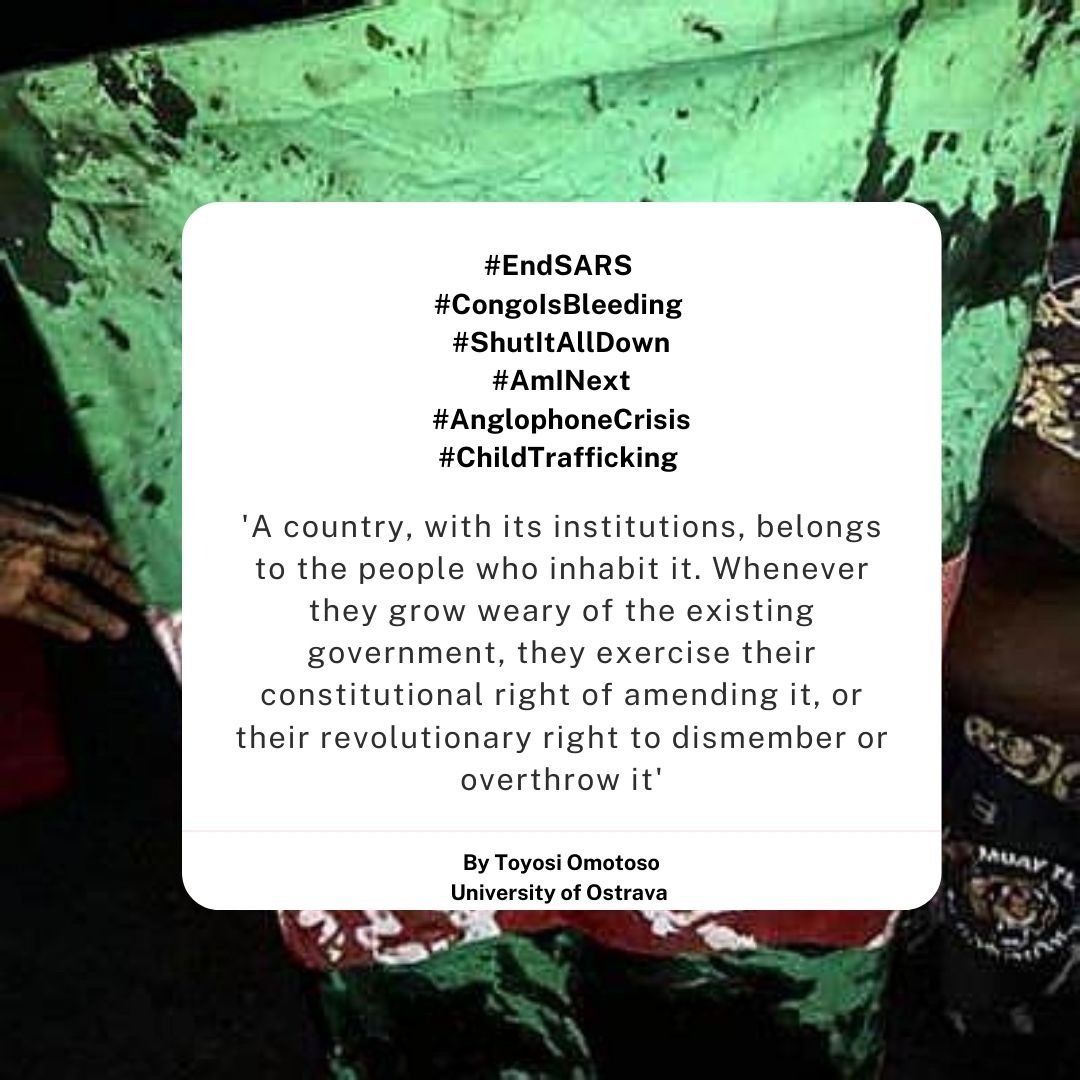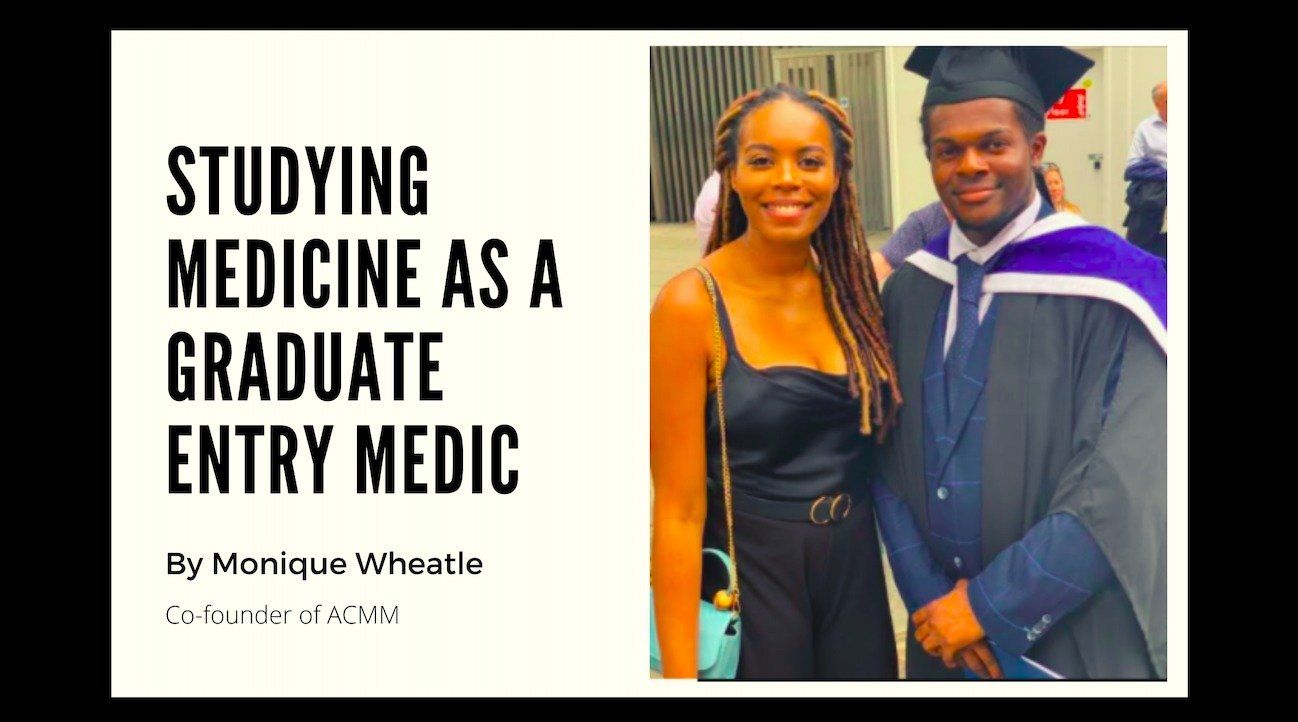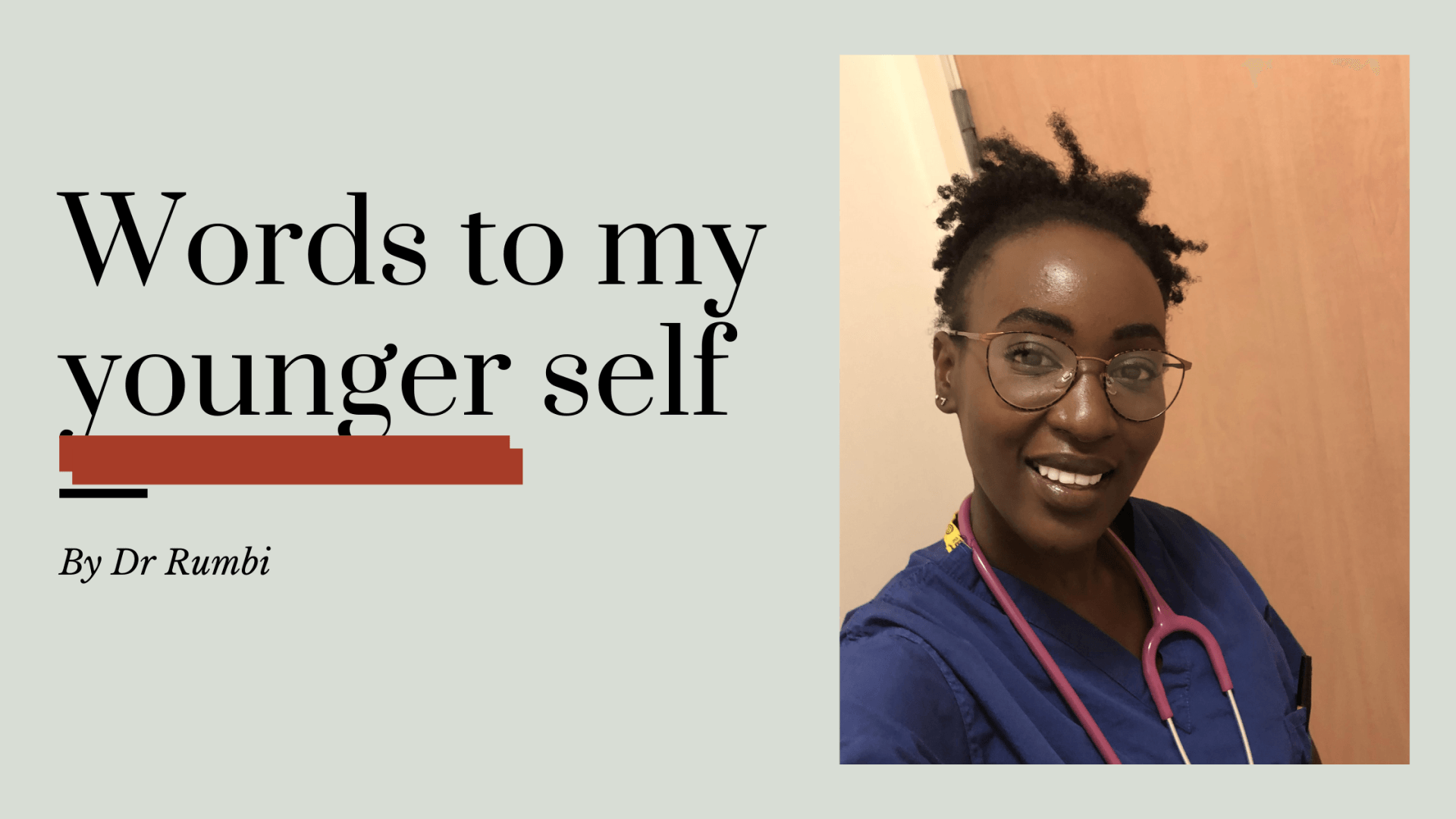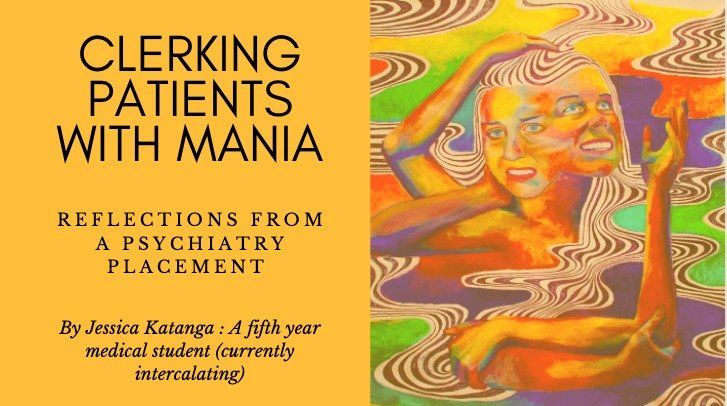Impact of COVID-19 on experiences of BAME doctors and future steps:
Silence in the presence of oppression is a gateway to complicity.
It is not an unknown fact that we have an unequal NHS. However, what is often denied, is the fact that this unequal culture significantly disadvantages BAME health care professionals.(1). COVID-19 has disproportionately impacted BAME communities via a combination of racial, discriminatory, and socioeconomic inequalities (2)
It is perhaps not a surprise that the impact of the crisis has significantly affected those already facing discrimination. These double jeopardy scenarios are not uncommon. Throughout the pandemic BAME doctors have reported that they felt additional pressures and that they were put at a greater risk due to inadequate PPE and were deployed to work frontline on the COVID wards within the workplace (3,4). In April 2020 the BMA called for an inquiry into the impacts on the BAME communities as they were found to be at higher risk of acquiring the infection (5).
A survey of health care workers undertaken by Mr Aftab on their views of racism within the workplace highlighted the continuing lack of risk assessments and protection for BAME health care professionals (6). It also demonstrated the prevalence of both outward racial attacks as well as microaggressions. Microaggressions are defined as “common and daily verbal/ behavioural indignities that communicate hostile or derogatory racial insults towards people of colour” (7). They often stem from unconscious and implicit bias and are not intended to be offensive (8). The unintended consequences make it difficult to fully comprehend the impacts; this does not negate its importance. Accordingly, institutions need to be deliberate and inclusive and acknowledge that racism, not race, is the driver of health inequalities (2).
The extent to which an organisation values its minority staff is a good barometer of how well patients are likely to feel cared for (2). Having a motivated, involved, and valued workforce benefits patient safety and provides high quality patient care with increased patient satisfaction.
The Workforce Race Quality Standard (WRES) was implemented in 2016, and functions to break down structural barriers regarding race equality9. Going forwards, equality, diversity and inclusion measures could be used as key performance indicators and should be core to appraisal.
What can be done?
There is a need to move beyond rhetoric and token gestures and address the structural root causes. It is not enough to just “not be racist”. Rather, it is imperative that we move towards anti-racist environments. Participation is required at all levels of decision making, with economic support and explicit goals put in place2. Those in positions of power need to be allies and take accountability. Real change requires radical and transformational actions.
Open and perhaps uncomfortable discussions surrounding racism and its impacts on health disparities are essential social movement approaches (8). These are needed to motivate change and make commitments to inspire progress. The persistence of racial inequalities could in part be accredited to the lack of political will in addressing the subconscious bias. Nevertheless, all medical professionals need to take an active role to challenge inequalities (10).
Negative perceptions and stigma often based on historical injustice need to be challenged. A key issue in this pandemic is tackling vaccine hesitancy. This requires BAME doctors’ active involvement to reduce suspicion from BAME communities towards authorities. There are perceptions that inappropriate behaviours by these communities could be increasing their risk of contracting the virus in the first place. Research studies should explore evidence to substantiate or refute that (11,12).
The professional identity of a doctor is not just clinical but psychosocial- this extends to colleagues as well as patients. Frontline clinicians and the wider community need to unite around a shared purpose- vanquishing the blight of inequality within our healthcare systems.
Acknowledgement and References:
Many thanks to Dr Mohamed Sakel for inviting me to attend the cross-specialty research team live event (5th March 2021) on “Evolving trends in vulnerabilities and impact during COVID-19”.
-
Nagpaul, D. (CBE). Experiences of BAME doctors in NHS prior to and during the pandemic. Presentation presented at; 2021; Webex.
-
Rao, M (OBE). Evolving knowledge of vulnerabilities and unequal impacts during COVID-19. Presentation presented at; 2021; Webex.
-
Cooper K. BAME doctors hit worse by lack of PPE [Internet]. The British Medical Association is the trade union and professional body for doctors in the UK. 2021 [cited 6 March 2021]. Available from: https://www.bma.org.uk/news-and-opinion/bame-doctors-hit-worse-by-lack-of-pp e
-
Rimmer A. Covid-19: Disproportionate impact on ethnic minority healthcare workers will be explored by government. BMJ [Internet]. 2020 [cited 5 March 2021];369:m1562. Available from: https://www.bmj.com/content/369/bmj.m1562.short
-
COVID-19: the risk to BAME doctors [Internet]. The British Medical Association. 2021 [cited 5 March 2021]. Available from:
-
https://www.bma.org.uk/advice-and-support/covid-19/your-health/covid-19-the-risk-to-bame-docto rs
-
Aftab,S. Survey of health care workers about risk assessment, PPE + perception and views about racism at their place of work. Presentation presented at; 2021; Webex.
-
Sue DW, Capodilupo CM, Torino GC, et al. Racial microaggressions in everyday life: implications for clinical practice. Am Psychol. 2007;62(4):271–289 https://doi.org/10.1037/0003-066x.62.4.27
-
Acholonu R, Cook T, Roswell R, Greene R. Interrupting Microaggressions in Health Care Settings: A Guide for Teaching Medical Students. MedEdPORTAL [Internet]. 2020 [cited 5 March 2021];16(1):10969. Available from: https://www.mededportal.org/doi/full/10.15766/mep_2374-8265.10969?utm_campaign=mededportal&utm_medium=email&utm_content=newsletter&utm_source=sfmc
-
England N. NHS England » NHS Workforce Race Equality Standard [Internet]. England.nhs.uk. 2021 [cited 5 March 2021]. Available from: https://www.england.nhs.uk/about/equality/equality-hub/equality-standard s
-
Hockey D, Omar S, Gavin M, Power R. Health inequalities: what can health care professionals do?. Presentation presented at; 2020; Zoom.
-
Hossain MA, Jahid MIK, Hossain KMA, Walton LM, Uddin Z, Haque MO, Kabir MF, Arafat SMY, Sakel M, Faruqui R, Hossain Z. Knowledge, attitudes, and fear of COVID-19 during the Rapid Rise Period in Bangladesh. PLoS One. 2020 Sep 24;15(9):e0239646. doi: 10.1371/journal.pone.0239646. PMID: 32970769; PMCID: PMC7514023.
-
Knowledge, Attitudes and Behaviours towards COVID-19 amongst Kent BAME residents during the UK COVID-19 pandemic, a qualitative study. University of Kent. Principal Investigator: Dr Mohamed Sakel










